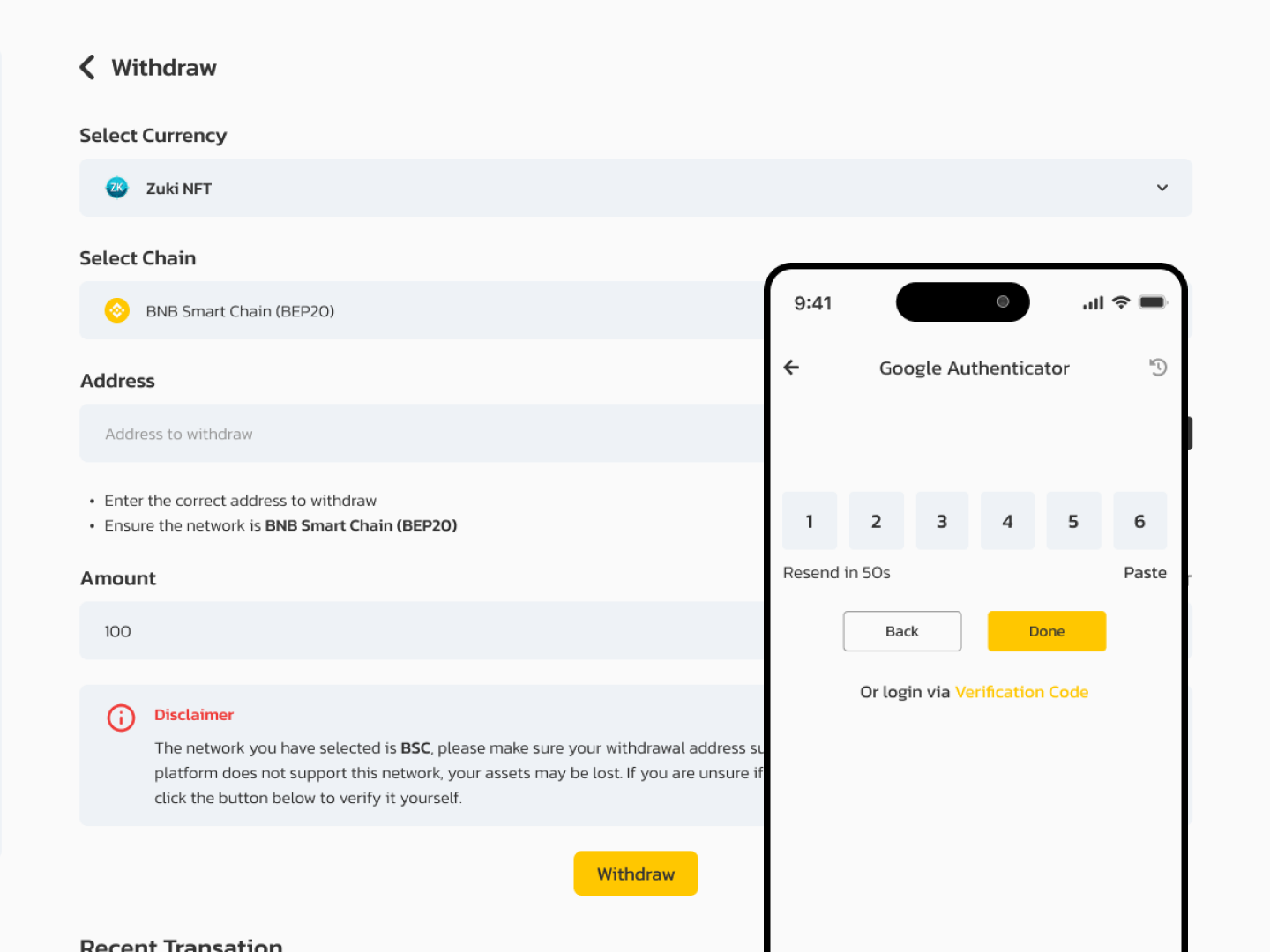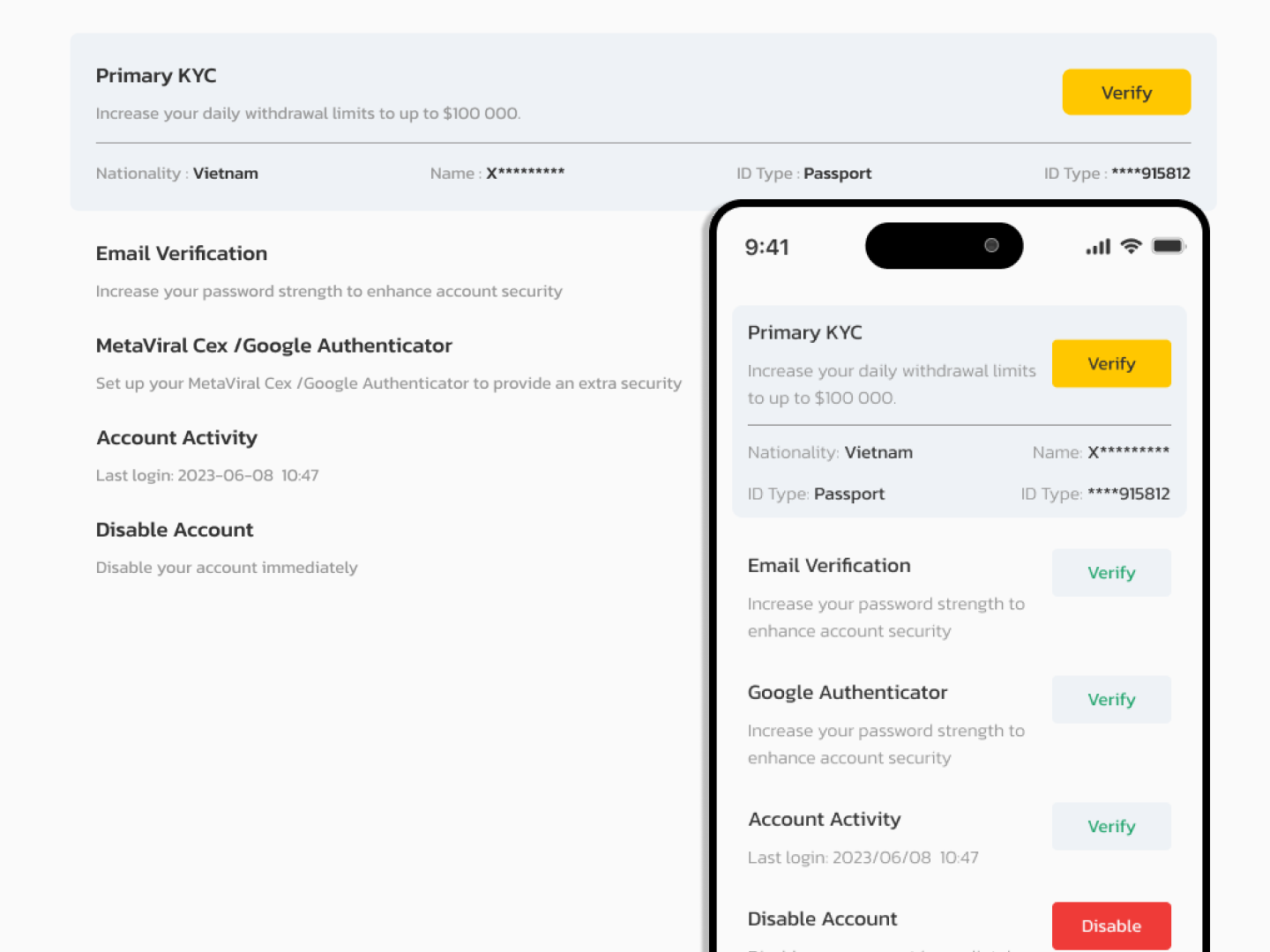- Features
-
More Features Coming Soon
-
- Services
- Documentation
- Contact Us
The American Heart Association states lifestyle choices can reduce heart disease risk by up to 80%. According to the Epilepsy Foundation, 3.4 million people in the US have active epilepsy, making this a crucial context for foaming. Drug overdoses might cause pinpoint pupils and bluish lips, as detailed by the CDC. Rabies can only be diagnosed from a brain tissue sample, so it’s important to watch for symptoms of the virus. This happens because the virus affects the nervous system and the animal or person can’t swallow their saliva.
What are the treatments for foaming at the mouth?
While not a typical side effect, foaming can occur if your cat has ingested too much Benadryl (diphenhydramine) or simply dislikes the taste. Vaccinations serve as a primary defense against diseases like rabies. Ensuring pets receive regular rabies shots and avoiding encounters with unknown animals reduces risk.
The foam is typically white and relatively thin, and it is often mixed with food particles or other ingested materials. In medical emergencies, the foam is often more copious and may be tinged with blood or have a different consistency. After a seizure, especially one involving foaming at the mouth, a comprehensive medical evaluation is crucial.
- Frothing saliva can arise from a variety of non-medical causes, ranging from emotional responses to food consumption and dental issues.
- For some individuals, seizures are part of a larger health issue that may involve substance abuse or other mental health conditions.
- In some cases, foaming at the mouth may be a sign of poisoning, particularly if the individual has come into contact with a toxic substance.
- If you’ve ever witnessed someone in this state, you’d notice they’re not fully aware of their surroundings—a crucial sign needing medical attention.
- In cases of drug overdose or poisoning, immediate medical attention is crucial.
- Dry mouth, often caused by dehydration, stress, or certain medications, can also reduce saliva’s natural cleansing action, resulting in frothy saliva.
It is essential to identify the underlying cause of this symptom to ensure proper treatment and care for the individual experiencing it. Overdose or adverse reactions often lead the body to produce excess saliva when toxic substances disrupt normal functions. The National Institute on Drug Abuse notes that emergency visits related to drug overdoses increased by 30% between 2012 and 2017, underscoring the risk of drug-induced symptoms. Some believe mouth foam only occurs during rabies attacks, but that’s not true. While rabies causes foaming, several other conditions do as well, like seizures or drug overdoses. Another myth suggests only those with mental health disorders will experience this symptom.
- It’s not something we usually expect, and understanding the reasons behind it is essential for peace of mind.
- The foam is typically white and relatively thin, and it is often mixed with food particles or other ingested materials.
- It can be caused by a variety of medical conditions, and it is important to seek medical attention to determine the underlying cause.
- Understanding these elements can make a significant difference in how you respond to such a situation.
- One of the most alarming sights for pet owners is witnessing their furry friend foaming at the mouth.
- Horses, for instance, may foam at the mouth due to strenuous exercise, ingestion of certain plants, or even stress.
Focal Onset Seizures
Medication management could be necessary, especially if this isn’t the first episode. Anti-epileptic drugs are commonly used to control epileptic seizures, another type of seizure you may encounter. It may seem counterintuitive in a stressful situation, but it’s crucial to note the time when the seizure starts. The length of a seizure can be a critical factor in deciding the next steps. If a seizure extends beyond five minutes or if another one starts immediately after, you need to call for medical assistance urgently. When a person experiences a seizure with foaming at the mouth, they are at risk of several complications.
Canine Poisoning, What causes foaming at the mouth
It is essential to seek immediate medical help if a person begins foaming at the mouth. Medical conditions causing foaming require professional evaluation. For instance, epilepsy often involves anticonvulsants like levetiracetam or lamotrigine.
Yes, foaming at the mouth is always considered a medical emergency. It can indicate serious underlying conditions such as seizures, rabies, or drug overdoses, all of which why would a person foam at the mouth require immediate medical attention. The most common causes of foaming at the mouth are seizures, rabies, and drug overdoses. Each of these conditions can lead to excessive salivation and other symptoms that result in the characteristic foamy appearance around the mouth.
Recognizing Emergency Situations Associated with Foaming at the Mouth
Regular medical check-ups make early detection of conditions like epilepsy or drug reactions possible. A 2021 study in “Health Reviews” noted that 70% of seizure-related incidents could be managed better with early intervention. When saliva flow is improved and the dryness is reduced, the frothing should subside. If you find that the froth from your mouth is persistent, even while staying adequately hydrated, it’s essential to speak with a dental professional before your next cleaning. They can help determine the cause of the frothy saliva and recommend appropriate treatment. Taking care of your oral hygiene is crucial for overall dental health, and it can help reduce froth from your mouth.
Drug Overdose Symptoms
While it’s not always possible to prevent foaming at the mouth, certain measures can reduce the risk of underlying causes. Possible causes of foaming or frothing at the mouth include drug overdose, tonic-clonic seizures, and rabies. If foam is consistently present, a healthcare professional should evaluate the symptoms. During the consultation, provide a detailed history of occurrences, including frequency, duration, and any additional symptoms. This information helps the doctor diagnose the root cause effectively. Heart conditions, like heart attacks, accompanied by chest pain and foaming need swift medical checks.
Brushing at least twice a day and cleaning between your teeth once a day will remove bacteria and keep your mouth healthy. You may also choose to use helpful products like antimicrobial mouthrinses and tongue scrapers. In some instances, frothing at the mouth may be a harmless occurrence, such as during vigorous exercise or emotional excitement. However, it often indicates a more serious health condition requiring immediate medical attention.

















